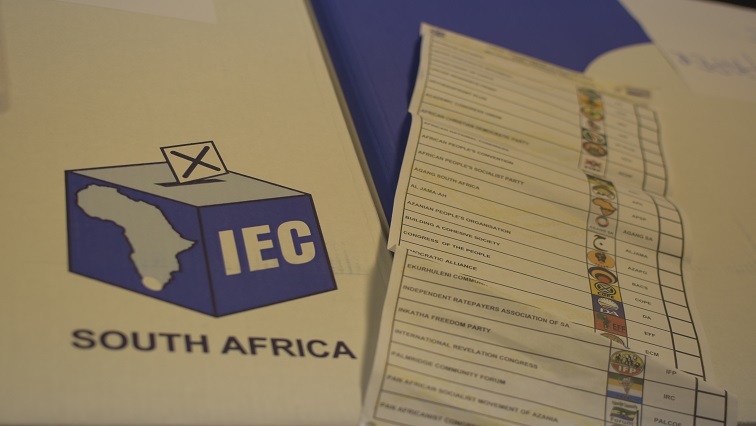The Electoral Commission of South Africa (IEC) will on Thursday brief the Portfolio Committee on Home Affairs on the impact of the Constitutional Court ruling that is set to overhaul the electoral system.
The Constitutional court recently declared the Electoral Act unconstitutional in not allowing independent candidates to stand for national and provincial elections.
Parliament has been given 24 months to ensure a new system will be in place ahead of the next general election in 2024.
South Africa’s current electoral system, is based on proportional representation.
In this video below, court declares parts of the Electoral Act unconstitutional:
Political parties react to the ruling
The governing African National Congress (ANC) said that it would be studying the ruling before commenting on it.
The Democratic Alliance’s (DA) Interim leader, John Steenhuisen, says the ruling should trigger a debate on electoral reforms.
Good ruling by the ConCourt today, plurality of views and ideas is always good thing. This should however be a catalyst to trigger a broader debate on electoral reform to narrow the gap between the electors and the elected in South Africa and enhance democratic accountability.
— John Steenhuisen MP (@jsteenhuisen) June 11, 2020
One South Africa Movement leader Mmusi Maimane has described the court’s decision as historic, saying it is a victory for democracy and the nation.
The Economic Freedom Fighters (EFF) welcomed the ruling saying that it means the country will have true reflective participation in elections.
The Congress of the People (COPE) has also welcomed what it terms the new chapter in South Africa’s democracy. Party leader Mosioua Lekota says it gives South Africans full power to correct the wrongs that have been committed since the dawn of democracy.
However, the Freedom Front Plus is calling for the amendment to the electoral system to be approached with caution.
Various party reactions in the video below:
National and Provincial Elections–Quick facts
- South Africa’s national and provincial elections take place every five years.
- Voters vote for a political party, not individuals. The political party then gets a share of seats in Parliament in direct proportion to the number of votes it got in the election.
- Each party then decides on members to fill the seats it has won. This is called a proportional representation (PR) voting system.


